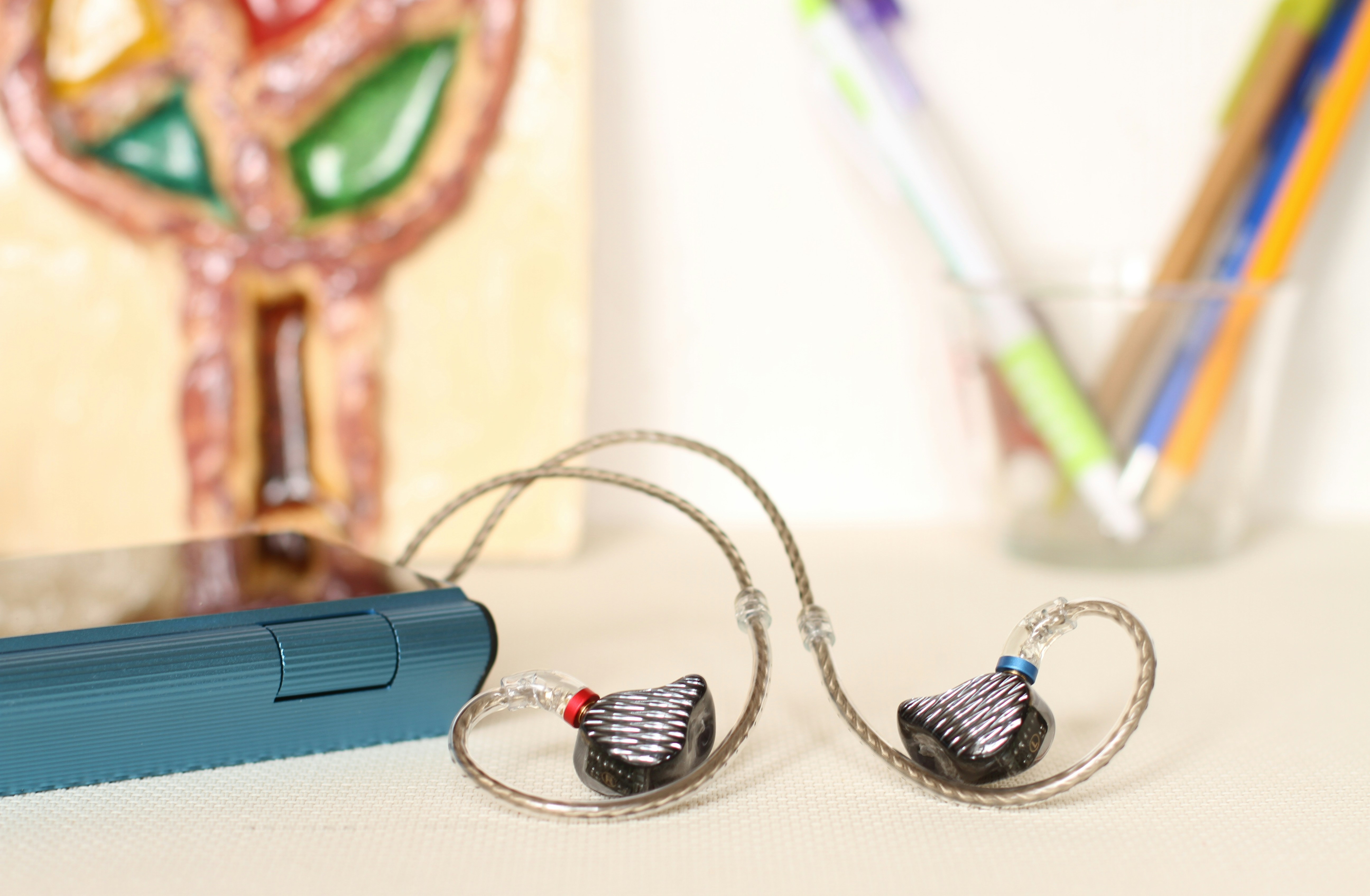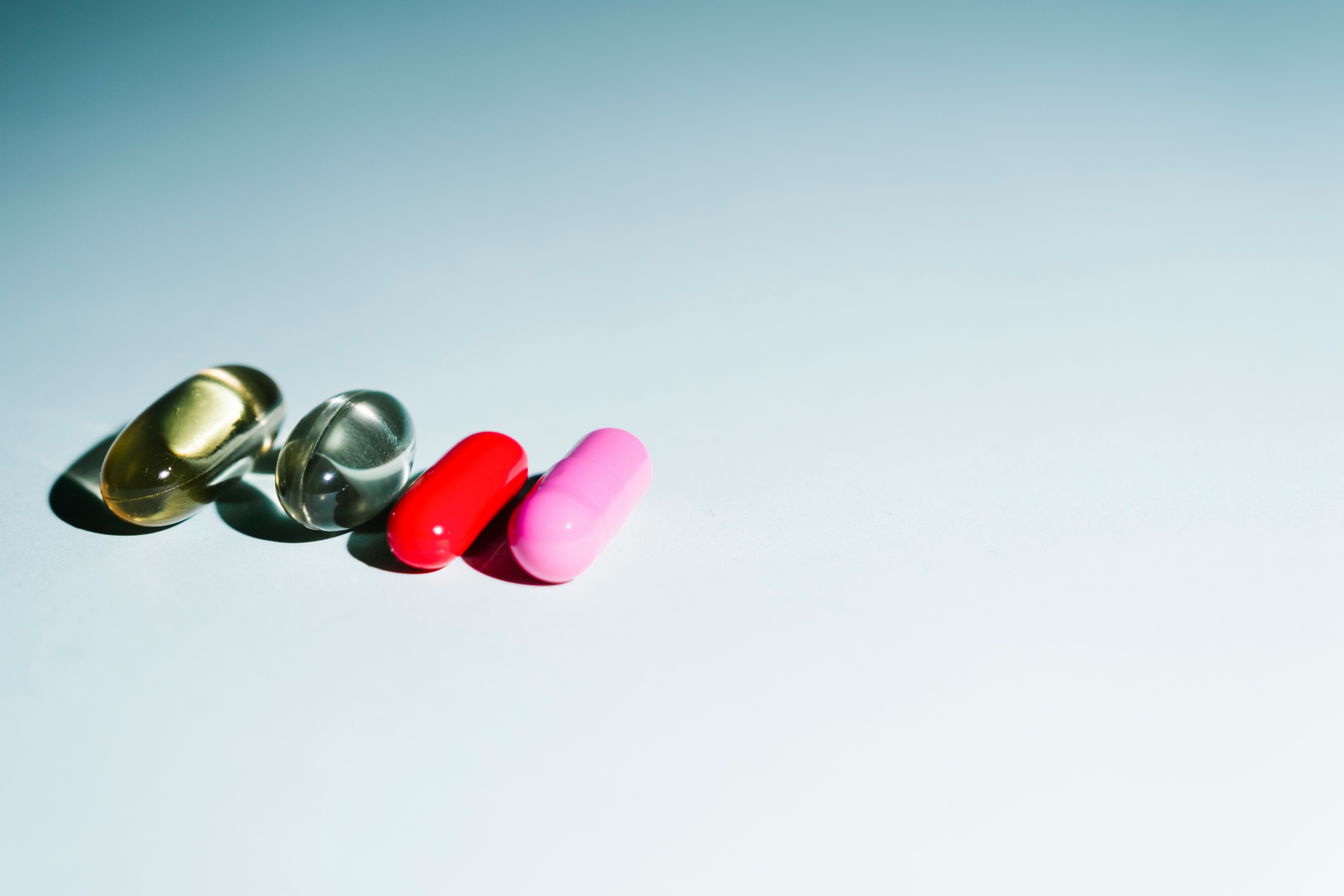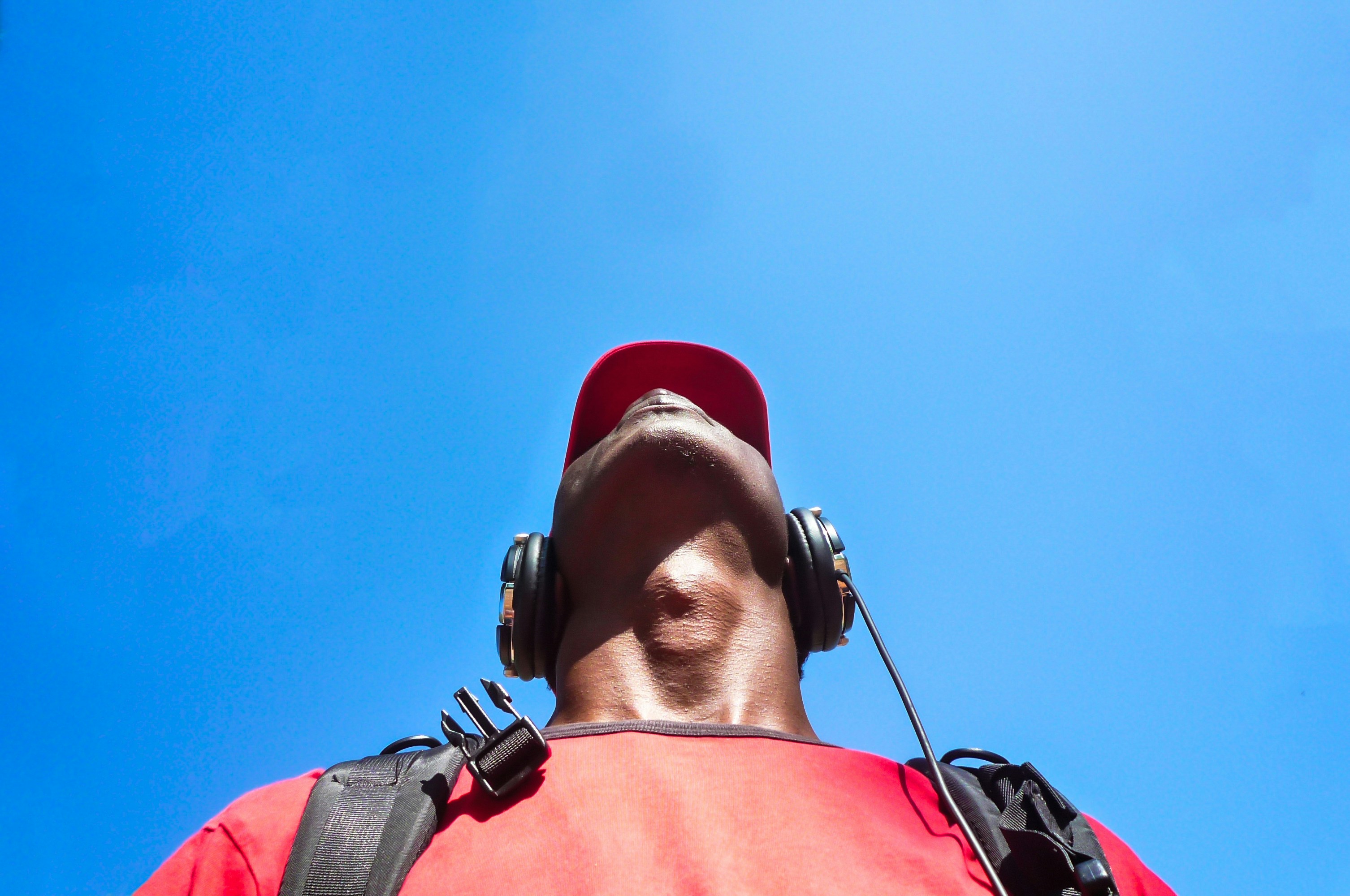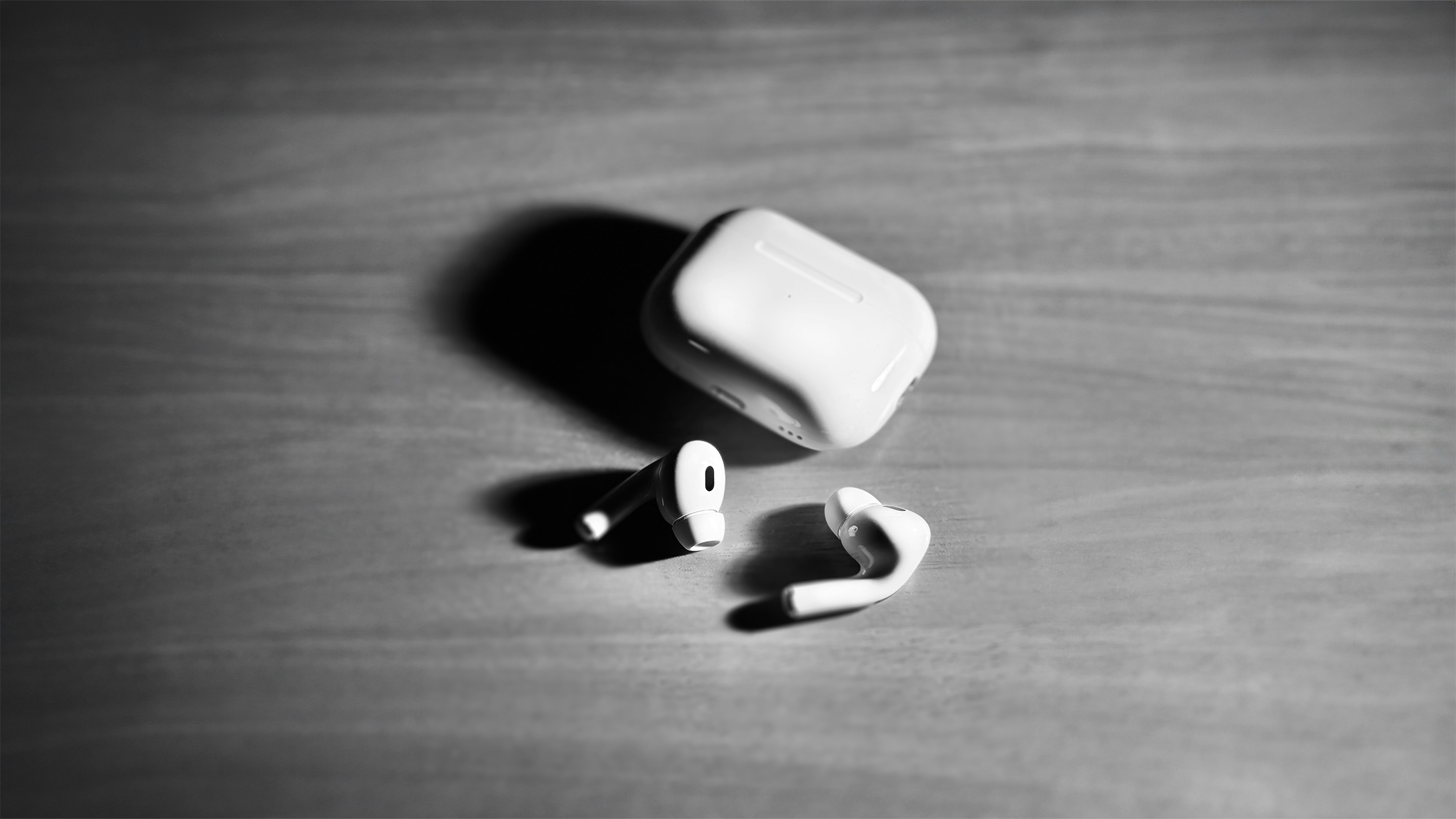Wild but true: your inner ear doesn’t just hear—it keeps time. A growing body of research suggests the cochlea has its own circadian clock that cycles through day-night rhythms. In animal studies, the timing of loud sound exposure and certain medications changed how much damage the ear sustained and how well it recovered. If you’ve ever felt more sensitive to sound at night, or noticed your tinnitus spike after a late concert, biology may be backing you up.
Let’s unpack what scientists are finding—and how you can use this knowledge to protect your hearing without living in silence.
Meet Your Ear’s Timekeepers: The Cochlear Clock, Explained
Most of your body runs on a roughly 24-hour cycle governed by the brain’s master clock (the suprachiasmatic nucleus). But there are also local clocks—tiny molecular metronomes—in organs throughout the body, including the inner ear. In lab models, the cochlea shows daily rhythms in gene activity related to metabolism, inflammation, and repair. That implies your auditory system may not react to stress the same way at noon as it does at midnight.
What’s cycling in the ear?
- Cell protection and repair: Genes involved in antioxidant defense and cellular cleanup wax and wane over the day.
- Hormone signals: Night-time melatonin and daily cortisol rhythms can influence how inner-ear cells respond to stress.
- Neuronal readiness: Auditory nerve activity and synaptic signaling may fluctuate with circadian timing, potentially shaping sound sensitivity.
The takeaway: your ear’s resilience is dynamic. That’s exciting—and useful—because it means timing might be one more lever we can pull to reduce risk.
When You Hear Matters: Noise at Night vs. Noise in Daylight
In several animal studies, identical noise exposures caused different amounts of inner-ear damage depending on time of day. During the animals’ active periods (which for rodents is nighttime), the same sound was more likely to cause larger temporary threshold shifts and more lasting injury. Researchers tie this to daily swings in oxidative stress and inflammation in the cochlea.
Why might night be riskier?
- Oxidative stress: The ear’s antioxidant capacity isn’t constant. When defenses dip, loud sound can create more free radicals that injure hair cells and synapses.
- Hormone rhythms: Cortisol and melatonin modulate inflammation and cellular recovery pathways. Different levels at night vs. day can change damage and repair.
- Fatigue and attention: Being tired doesn’t “cause” ear damage, but it can push you to turn volume up, skip earplugs, or ignore early warning signs like muffled hearing after exposure.
Practical moves you can make today
- Turn it down at night: For streaming or gaming after dark, drop the volume a few clicks below your daytime norm.
- Double protection when the sun goes down: For evening concerts, clubs, or late-shift factory work, choose high-fidelity earplugs or properly fitted earmuffs—especially if you’ll be exposed for long periods.
- Plan quiet recovery windows: After a loud evening, give your ears a full day of relatively calm sound. Recovery time matters.
If you’re noticing repeated bouts of muffled hearing, ringing, or sound sensitivity after late-night noise, consider a baseline hearing test and a customized protection plan with an audiologist.
Ototoxic Medications and Timing: What We Know (and Don’t)
Some chemotherapy drugs (like cisplatin) and certain antibiotics (like aminoglycosides) can be ototoxic, meaning they pose a risk to hearing. Early research in animals suggests that the ear’s vulnerability to these drugs may vary over the 24-hour cycle. In some experiments, dosing at one time of day caused less damage than at another—likely due to circadian differences in drug uptake, blood flow, and cell defense pathways.
What this means for you right now:
- Don’t change your medication schedule on your own. The timing that maximizes cancer control or infection treatment always comes first.
- Ask your care team about hearing-sparing strategies: baseline and follow-up hearing tests, optimized dosing strategies, hydration, and the possibility—if appropriate—of time-of-day dosing (sometimes called chronotherapy).
- If you already use hearing aids or cochlear implants, let your oncology or infectious-disease team know; they can coordinate with audiology to monitor any changes.
Audiologists can work alongside your medical team to track your hearing and address symptoms early with counseling, assistive tech, and communication strategies.
Shift Work, Sleep Debt, and Your Hearing
Shift workers face unique challenges: circadian disruption, variable sleep quality, and—often—loud environments. While large, definitive human studies are ongoing, several biologically plausible pathways link shift work to higher hearing risk, especially when noise is in the mix.
Why shifts can stack the deck
- Circadian mismatch: Working and recovering at odds with your internal clock can amplify systemic inflammation and oxidative stress—factors involved in noise injury.
- Blood pressure and metabolic strain: Night shifts are associated with higher cardiometabolic stress, which has been linked to hearing problems over time.
- Behavioral creep: Fatigue nudges us toward louder headphones, longer exposures, and less consistent ear protection.
Smart protections for night-shift ears
- Engineer quiet where possible: Advocate for maintenance that reduces machine noise, and use quiet break areas for recovery.
- Upgrade your gear: Use hearing protection rated for your environment and get it fit-checked; consider custom musician-style plugs if you communicate a lot on the job.
- Schedule silence: Build in consistent quiet periods after shifts. Even 12–16 hours of lower-level sound after noisy work can help recovery.
- Sleep like it matters (because it does): Prioritize a dark, cool room; keep a consistent sleep window; and avoid high-volume headphone use right before bed.
If you routinely work nights in noisy settings, an annual audiogram (or more frequent, if recommended) is a smart investment.
Nighttime and Tinnitus: The Two-Way Street
Many people report tinnitus feels louder at night. Part of that is psychology—fewer distractions make the sound stand out. But physiology may play a role too: circadian shifts in neural excitability and stress hormones can change how your brain perceives sound.
What helps at night
- Gentle sound enrichment: A soft fan, pink noise, or ocean sounds at low levels can reduce contrast and ease the brain’s focus on tinnitus.
- Wind-down routine: Dim lights, put screens away, and avoid stimulating media during the last hour before bed.
- Keep volumes conservative: If you use audio to fall asleep, set a timer and err on the quiet side.
If your tinnitus interferes with sleep, an audiologist can help tailor sound therapy, hearing aid features, and coping strategies. Don’t white-knuckle it alone—support helps.
The Micro-Habits That Sync Ears and Life
A simple weekly playbook
- Daylight anchors: Get morning light exposure to reinforce your master clock. Your whole body benefits—including your ears.
- Evening volumes: Drop your nighttime headphone volume by 10–20%. If you need clarity, improve your environment (quiet room, better earbuds) instead of cranking it.
- Plan loud with recovery: If Friday night is a concert, make Saturday a quieter day. Use high-fidelity earplugs at the show.
- Sleep steady: Keep a consistent sleep window, even on weekends. Your ears appreciate predictable repair time.
- Protect with purpose: In noisy work or hobbies, use properly rated protection every time—and double up for very loud tasks.
- Check in yearly: Get a hearing test, especially if you’re a shift worker, musician, or in a noisy job. Baseline data is powerful.
- Team up: If you’re starting a potentially ototoxic medication, ask your doctor to loop in audiology for monitoring.
What This Doesn’t Mean
This isn’t fear-mongering. Daytime noise can still harm, and nighttime listening can be safe at sensible levels. The circadian insight is an extra layer of control: when in doubt—especially late—protect a bit more, and give yourself intentional quiet to recover.
Curious how to tailor this to your life, work, or meds? An audiologist can translate the research into a practical, personal plan.
Further Reading
- Hearing Supplements: Hype vs. Help (What Science Says) (Lifestyle) - When Noise Meets Chemicals: The Workplace Combo That Fast-Tracks Hearing Loss (Prevention) - Ear‑Safe Prescriptions: How to Spot and Prevent Drug‑Related Hearing Damage (Prevention) - When Noise Isn’t the Only Villain: How Solvents and Metals Turbo‑Charge Hearing Loss (Research)Frequently Asked Questions
Is listening to headphones at night more dangerous than during the day?
Emerging research in animals suggests the inner ear may be more vulnerable to loud sound during the biological night. In real life, the bigger issue is that we tend to turn things up when we’re tired or in quiet rooms. Keep night volumes lower, use well-sealed headphones, and avoid long sessions right before sleep.
Can melatonin protect my hearing?
Some animal studies suggest melatonin and other antioxidants may reduce inner-ear oxidative stress after noise or certain drugs. Human evidence is limited. If you’re considering melatonin, discuss it with your clinician—especially if you’re on other medications or have sleep or mood conditions.
Should I change the timing of chemotherapy or antibiotics to protect my ears?
Do not change dosing times on your own. The timing that best treats your condition comes first. If you’re concerned about ototoxicity, ask your care team about monitoring your hearing and whether time-of-day dosing is appropriate in your case. An audiologist can provide baseline and follow-up tests.
I work night shifts. How can I lower my hearing risk?
Use properly rated hearing protection at work, schedule quiet recovery periods after noise, keep a consistent sleep window in a dark, cool room, and avoid cranking headphones before bed. Get a baseline audiogram and repeat it annually or as recommended. An audiologist can tailor strategies to your job.



